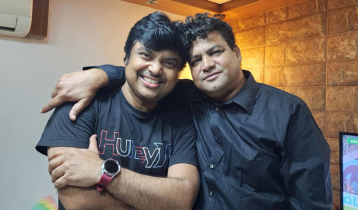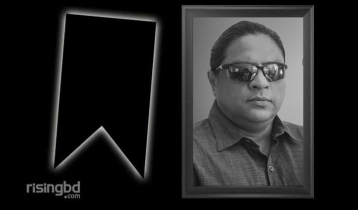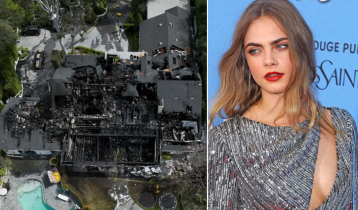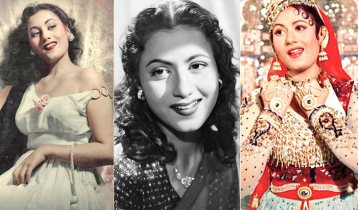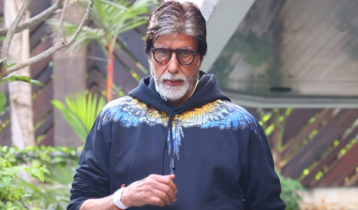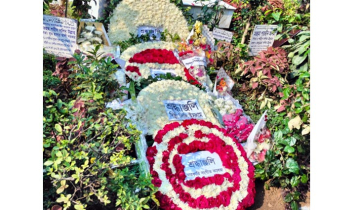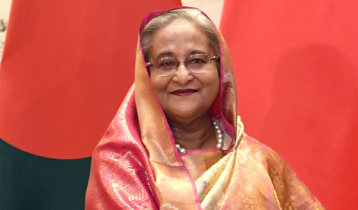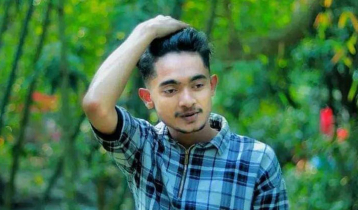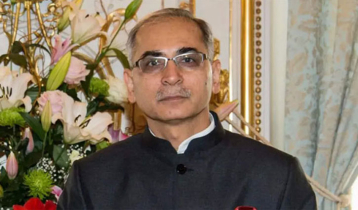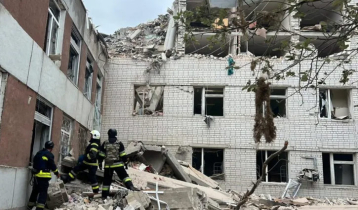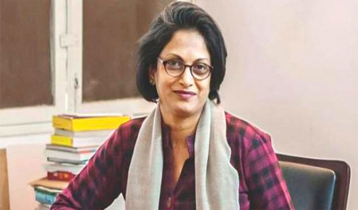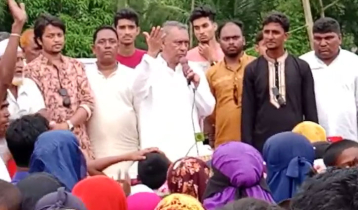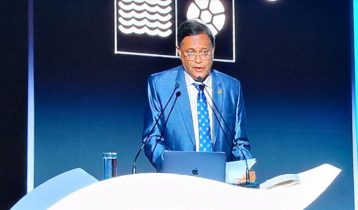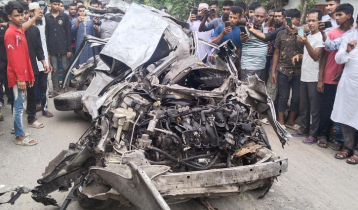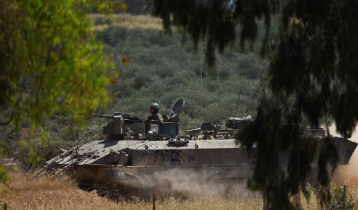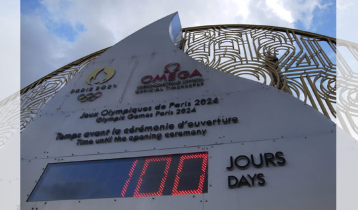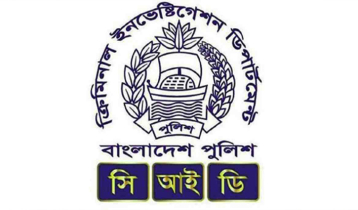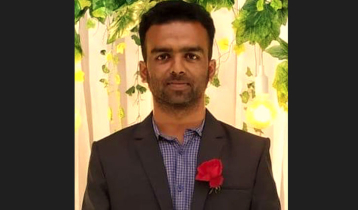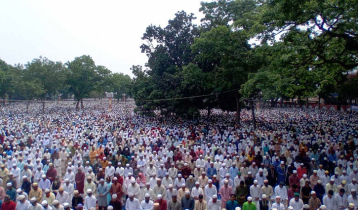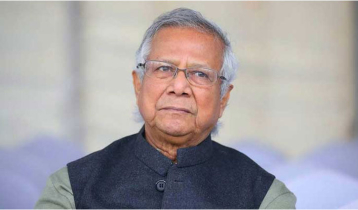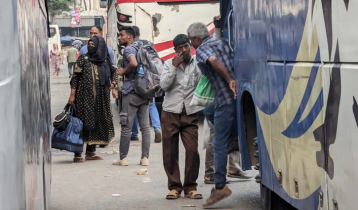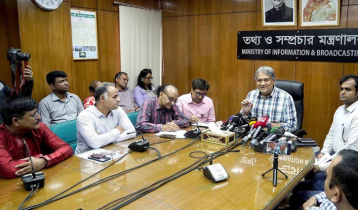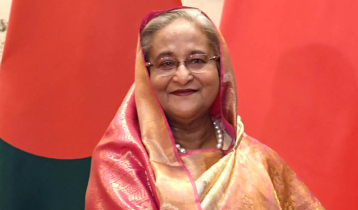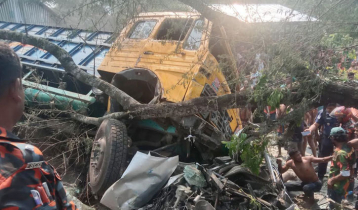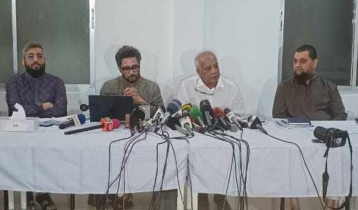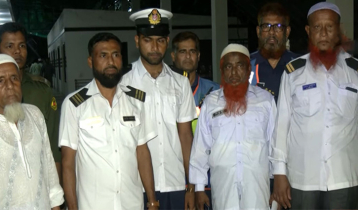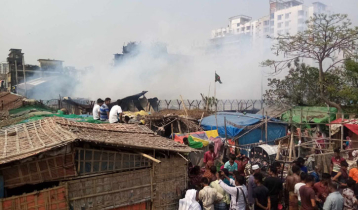The Film Qasida of Dhaka: Cultural Mirror of Dhaka’s Ramadan
Susil Malakar || risingbd.com
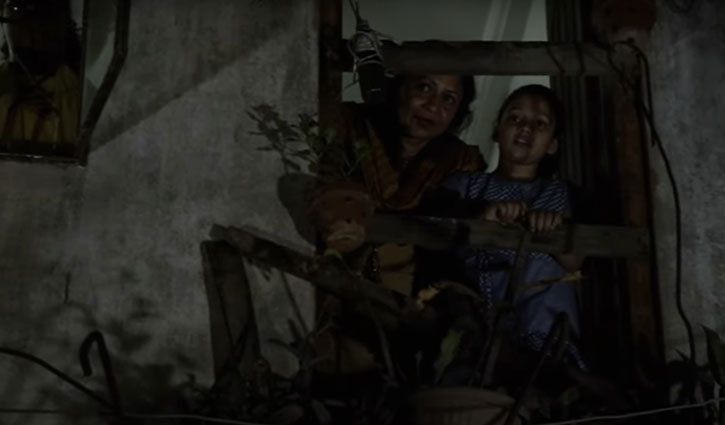
The tradition of Dhaka city is very ancient. Some musical genres have been prevalent in this city since the time of Mughals. Such is the extinction of the genre of music. Which was once sung at dawn in Ramadan. Even in the nineties, this culture was very popular. This culture is now almost lost in the crowd of mics, mobile phone alarms, phone company sehri iftar alerts. A documentary film `Qasida of Dhaka' has been made with this lost traditional culture of old Dhaka. The documentary is directed by Anarya Murshid and produced by Bangladhol.
The city of Dhaka has reached the 21st century through the change of government. Baiji songs, Qawwali songs, Qasida, Murcia etc. were once very popular here. In the era of powerful DJ sound boxes and social media emperor Jahangir's Dhaka has lost his own culture. Great efforts have been shown in the film 'Qasida of Dhaka' to preserve this old tradition and culture. The fact that the image of Ramadan would have changed in this way at dawn would not have been understood without watching this film.
From the articles of various authors, it is known that Qasida is a Persian word. But the filmmaker shows evidence that the word is Arabic. Its mean rhyming. It was initially praised by the Mughals. The Mughals later turned to Qasida to focus on the month of Ramadanand it took a place as the folk culture of old Dhaka. A few days ago, it was sung to wake up the fasting people in the month of Ramadan. Towards the end of the nineteenth century also a few Qasida team were seen on the streets of Dhaka. They used to sing this special style of music while walking in the streets of old Dhaka.
It is known from the documentary that during the Nawabi period, the Sardars in almost every area of Dhaka city used to patronize the Qasida party. There were also competitions. The prizes in the competition were trophies and medals. They would go to Eid procession by wearing the medals.
The film has already won the Best Documentary award at the Indus Valley International Film Festival in Delhi for its painstaking research and storytelling style. The film has been screened at several festivals, including the 19th Dhaka International Film Festival.
A good documentary requires research, exploration and in-depth vision. To make the Qasida of Dhaka, the director has been wandering around the dilapidated street of old Dhaka for a long time with his notebook, pen and camera. He could not bring this tradition from the gold reserves of the Mughal period by using only Bengali language. In need of research, I have had to communicate with the local people in Urdu, sometimes in Hindi. It is almost impossible to make this documentary without the deep jute of Arabic and Persian culture. The ethnographic basis of the documentary is the proof that the director did not go to work with vague knowledge. If you watch this documentary, which is only twenty minutes long, you will think that its journey is a thousand years. The depth of the roots of this music cannot be understood without watching the documentary!
According to the director, he spent about four years researching Qasida. In 2019, he started filming it. Although the footage was taken for about forty hours, he brought the matter to the attention of the audience within 20 minutes.
The style of Qasida of Dhaka is narrated by renowned reciter and actor Jayanta Chattopadday, Cinematography by Russell Abedin Taj, edited by Anoy Sohag, background music by Prince Shuvo, graphics designed by Laila Ferdousi. The nice poster was drawn by Sumon Sarkar and the calligraphy was done by Rahman Mofiz.
‘Qasida of Dhaka’ is not just a cultural mirror of Dhaka’s Ramadan. I hope it will not be an exaggeration to say that it will also represent the thousand-year-old musical tradition of Bangladesh in the international film market.
To watch the documentary please click here.
Sushil Malakar, student, Dhaka University
Dhaka/AKA



